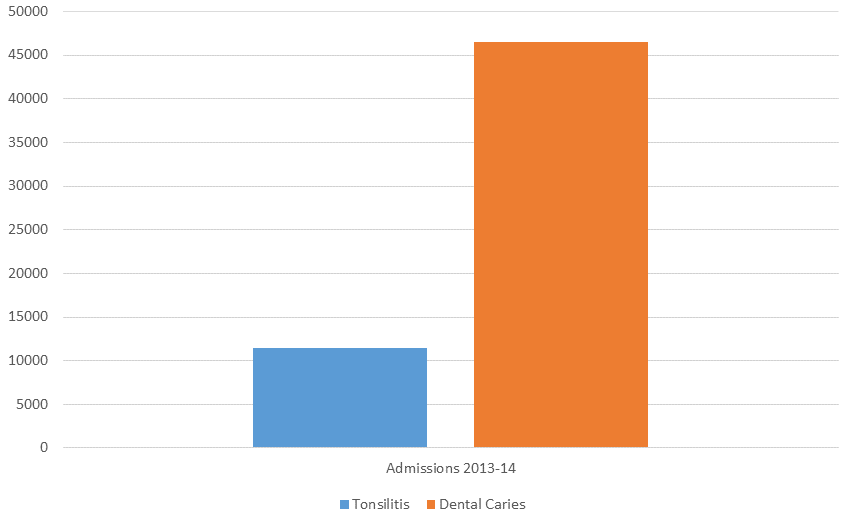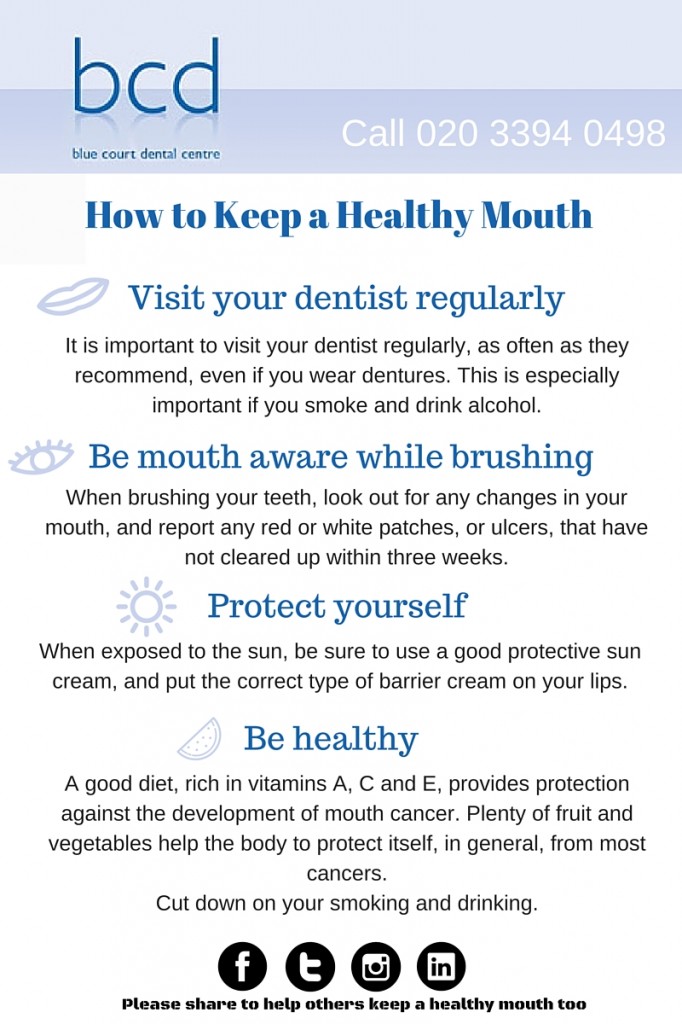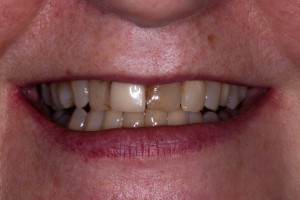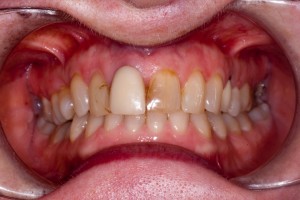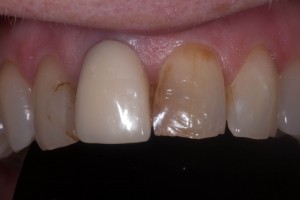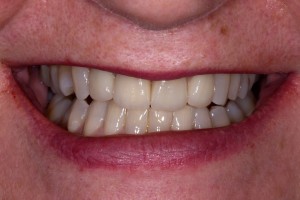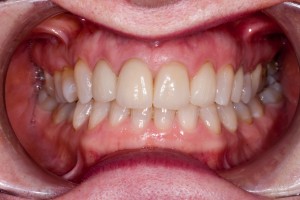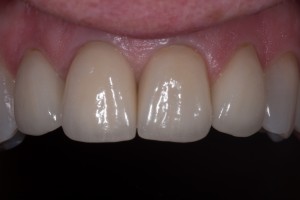Dr Nishan Dixit is the founder and principal dentist of Blue Court Dental. Patients enjoy his relaxed, friendly and gentle approach while experiencing his meticulous attention to detail. He has a special interest in providing smile makeovers, natural-looking white fillings and cosmetic braces, but also provides a range of treatments from preventative and general dental care to complex dental rehabilitation.
Latest posts by Dr Nishan Dixit (see all)
It’s not uncommon for people to feel quite anxious about visiting the dentist, recent research has shown that talking therapies can help and so we thought we would create this article to explain more. We’ve broken this article in to 3 section:
- Talking therapies to overcome anxiety
- Dental Sedation
- General tips to relaxing more
Talking therapies
 Cognitive behavioural therapy (CBT) could help many people with a dental phobia overcome their fear of visiting the dentist and enable them to receive dental treatment without the need to be sedated, according to a new study by King’s College London. (1)
Cognitive behavioural therapy (CBT) could help many people with a dental phobia overcome their fear of visiting the dentist and enable them to receive dental treatment without the need to be sedated, according to a new study by King’s College London. (1)
Patients with dental phobia were able to face doNickwn their fear after an average five sessions of cognitive behavioural therapy (CBT), a study found.
Professor Tim Newton, who led the King’s College team, said: “People with dental phobia are most commonly given sedation to allow them to become relaxed enough for a short period of time to have their dental treatment performed. However this does not help them to overcome their fear in the long term.
“The primary goal of our CBT service is to enable patients to receive dental treatment without the need for sedation, by working with each individual patient to set goals according to their priorities. Our study shows that after on average five CBT sessions, most people can go on to be treated by the dentist without the need to be sedated.”
Of all patients referred, four-fifths (79%) went on to have dental treatment without the need for sedation and 6% had their dental treatment under sedation. The average number of CBT appointments required before a patient received dental treatment without sedation was five.
Cognitive behavioural therapy (CBT) is a talking therapy that can help you manage your problems by changing the way you think and behave.
It is most commonly used to treat anxiety and depression, but can be useful for other mental and physical health problems.
CBT cannot remove your problems, but it can help you deal with them in a more positive way. It is based on the concept that your thoughts, feelings, physical sensations and actions are interconnected, and that negative thoughts and feelings can trap you in a vicious cycle.
CBT can help you to make sense of overwhelming problems by breaking them down into smaller parts. This makes it easier to see how they are connected and how they affect you. These parts are:
A Situation – a problem, event or difficult situation. From this can follow:
- Thoughts
- Emotions
- Physical feelings
- Actions
Each of these areas can affect the others. How you think about a problem can affect how you feel physically and emotionally.
In addition to talking therapies some people also want to consider dental sedation
What is Sedation?
 Intravenous Sedation is when a drug is administered into the blood system during dental treatment. Sedation induces a state of deep relaxation and a feeling of not being aware of the treatment being carried out. You remain conscious during intravenous sedation and you are still able to understand and respond to simple requests.
Intravenous Sedation is when a drug is administered into the blood system during dental treatment. Sedation induces a state of deep relaxation and a feeling of not being aware of the treatment being carried out. You remain conscious during intravenous sedation and you are still able to understand and respond to simple requests.
However, many people report that they do not remember much or anything at all about the treatment they had done as sedation can produce a partial or full memory loss (amnesia) for the period of time when we administer the drug until it wears off. This can result in you not remembering very much of what happened, some people remember nothing at all.
While the drug used during sedation will relax you and make you forget what happens, you will still need to be numbed as it is not a painkiller. If you have a fear of injections, the dentist will not numb the treatment area until the sedation has taken full effect. They will then wait until the local anaesthetic has taken effect before starting your treatment.
The sedation drug administered though a vein, usually in the hand. An extremely thin needle is put into a vein close to the surface of the skin on the back of your hand. The needle has a soft plastic sheath around it and as it enters the vein, the needle is slid out leaving the soft plastic sheath in place. The drugs are put in through this sheath, this stays in place throughout the procedure.
How will IV sedation in the surgery affect me?
You become drowsy and are not aware of having any treatment, but you are still able to co-operate with the dentist. The effects of sedative medicine take some time to wear off and your dentist will tell you how long the drugs will take to clear from your body. You won’t be able to drink alcohol, drive or work machinery during this time.
In addition to CBT we also recommend finding ways to relax…
Top Tips to Relaxing at The Dentist (2)
 Try Acupressure
Try Acupressure
Pressure to meet a deadline can be stressful, but acupressure can help release all that tension. Acupressure’s a kind of touch therapy that works by balancing the circulation of fluids and energies in the body. Use the thumb and forefinger to massage the soft area between the thumb and index finger of the other hand. Dab on some lavender oil for extra relaxation.
Sip Green Tea
Instead of turning purple with rage, get green with a cup of herbal tea. Green tea is a source of L-Theanine, a chemical that helps relieve anger . Boil the water, pour it out, and take a soothing sip.
Remember to Breathe
Is there any simpler way to relax? Slow, deep breaths can help lower blood pressure and heart rate . For the fancy noses out there, try pranayama breathing, a yogic method that involves breathing through one nostril at a time to relieve anxiety. The technique’s supposed to work the same way as acupuncture, balancing the mind and body (and possibly eliminating the need for a tissue).
Use Creative Visualization
The doorbell rings. It’s Ryan Gosling (or Elizabeth Banks), and he/she wants to know if you’ll marry him/her. “Yes!” you shout and then—sorry, time’s up. These little daydreams, also known as “creative visualization,” involve thinking of something that makes us feel happy. It’s an instant mood boost on hectic days when we’re feeling tense.
Find the Sun
Here comes the sun—and some stress relief. If it’s a sunny day, head outside for an easy way to lift your spirits. Bright light can be an effective treatment for people who suffer from depression, and can even cheer up otherwise healthy folks
Take a Quick Walk
“Now walk it out, now walk [stress] out.” When you’re feeling overwhelmed or having trouble concentrating, go for a quick stroll around the block. You’ll get the benefits of alone time, physical activity, and a few minutes to gather your thoughts!
Try Aromatherapy
It takes just a minute to drip some lavender, tea tree, or another essential oil into your palm and inhale. The soothing scents may help send stress and anxiety packing by stimulating smell receptors in the nose that connect to the part of the brain that regulates emotions
References
(1) ‘Oral health status of non-phobic and dentally phobic individuals; a secondary analysis of the 2009 Adult Dental Health Survey’ by E. Heidari, A. Banerjee and J.T. Newton was published in the British Dental Journal on Friday 13 November 2015
(2) Tips sourced from: greatist.com/happiness/40-ways-relax-5-minutes-or-less site accessed 14/12/15
Image courtesy of Ambro, Tiveryluck & Stuary Miles at FreeDigitalPhotos.net



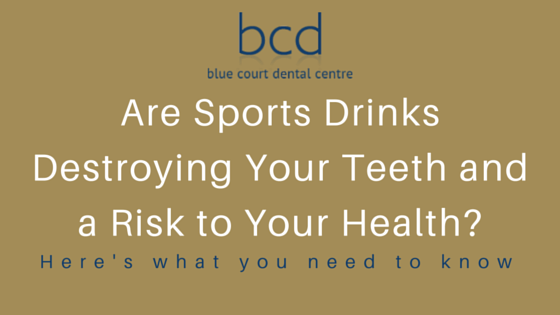
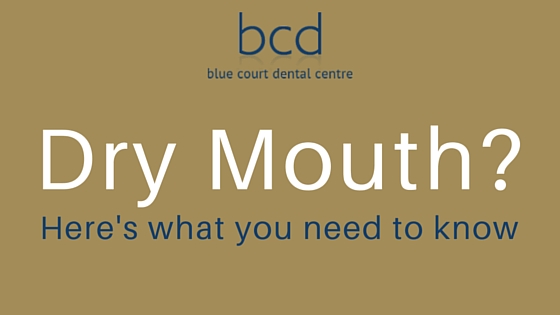
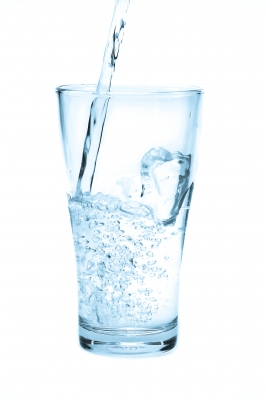 How to treat a dry mouth
How to treat a dry mouth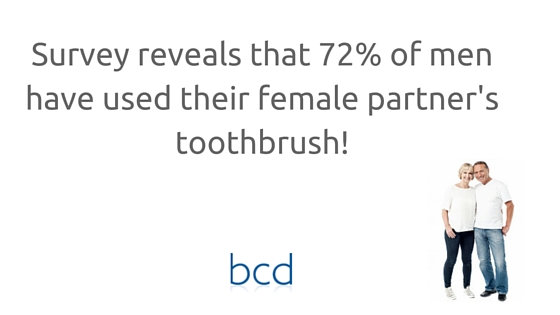
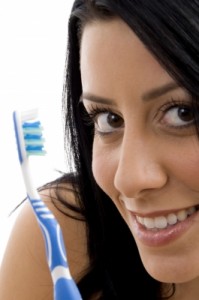 ccording to a new survey women change their toothbrush twice as often as men. The survey showed that, on average, women change their toothbrush every 92 days whilst men change theirs every 185 days.
ccording to a new survey women change their toothbrush twice as often as men. The survey showed that, on average, women change their toothbrush every 92 days whilst men change theirs every 185 days.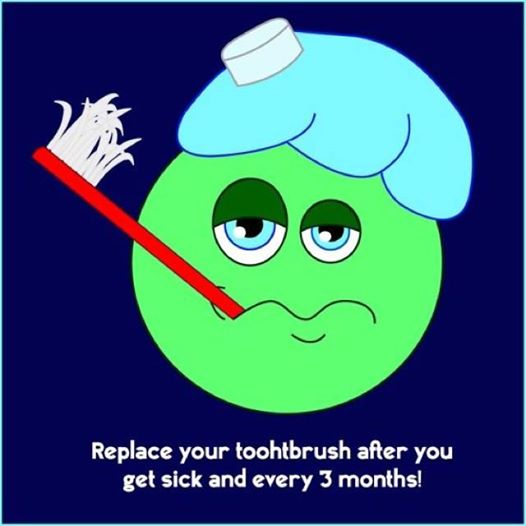
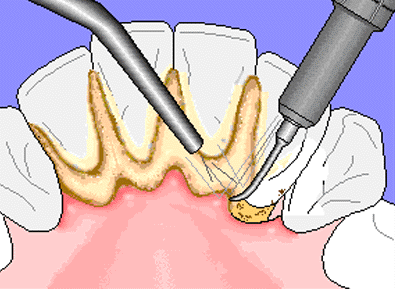 Brushing alone cannot fully remove plaque from your teeth, so with time it may accumulate and cause surface discoloration. There’s a couple of steps you can take with plaque stains, and not one of them is remotely complicated! You can change to brushing with a whitening tooth paste, make use of a tooth-bleaching system, or visit a dentist for air abrasion which can gently remove these stains.
Brushing alone cannot fully remove plaque from your teeth, so with time it may accumulate and cause surface discoloration. There’s a couple of steps you can take with plaque stains, and not one of them is remotely complicated! You can change to brushing with a whitening tooth paste, make use of a tooth-bleaching system, or visit a dentist for air abrasion which can gently remove these stains. Unfortunately, it is a fact: certain meals stain the teeth. Coffee is probably the worst offender and the most obvious, but also think about
Unfortunately, it is a fact: certain meals stain the teeth. Coffee is probably the worst offender and the most obvious, but also think about 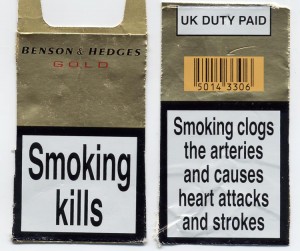 It’s well-known the most visible manifestation of a smoker may be the yellow or brown teeth that tobacco causes. If you are hooked on cigarettes or eating tobacco, it’s embarrassing to broadcast this every time you open your mouth. Fortunately, tobacco stains mostly affect the surface of the teeth instead of penetrating further in, so for example a
It’s well-known the most visible manifestation of a smoker may be the yellow or brown teeth that tobacco causes. If you are hooked on cigarettes or eating tobacco, it’s embarrassing to broadcast this every time you open your mouth. Fortunately, tobacco stains mostly affect the surface of the teeth instead of penetrating further in, so for example a 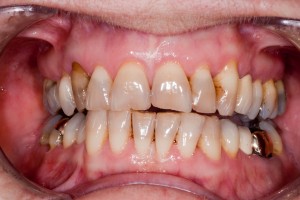 An unwanted effect of tetracycline antibiotics is yellowing or graying on the teeth, and regrettably, because this happens from inside-out as opposed to outside-in, it is not as simple as simply treating the surface and to.
An unwanted effect of tetracycline antibiotics is yellowing or graying on the teeth, and regrettably, because this happens from inside-out as opposed to outside-in, it is not as simple as simply treating the surface and to.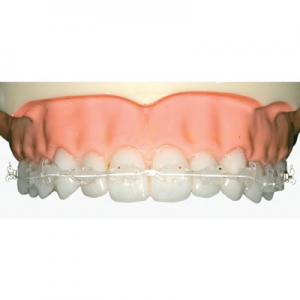
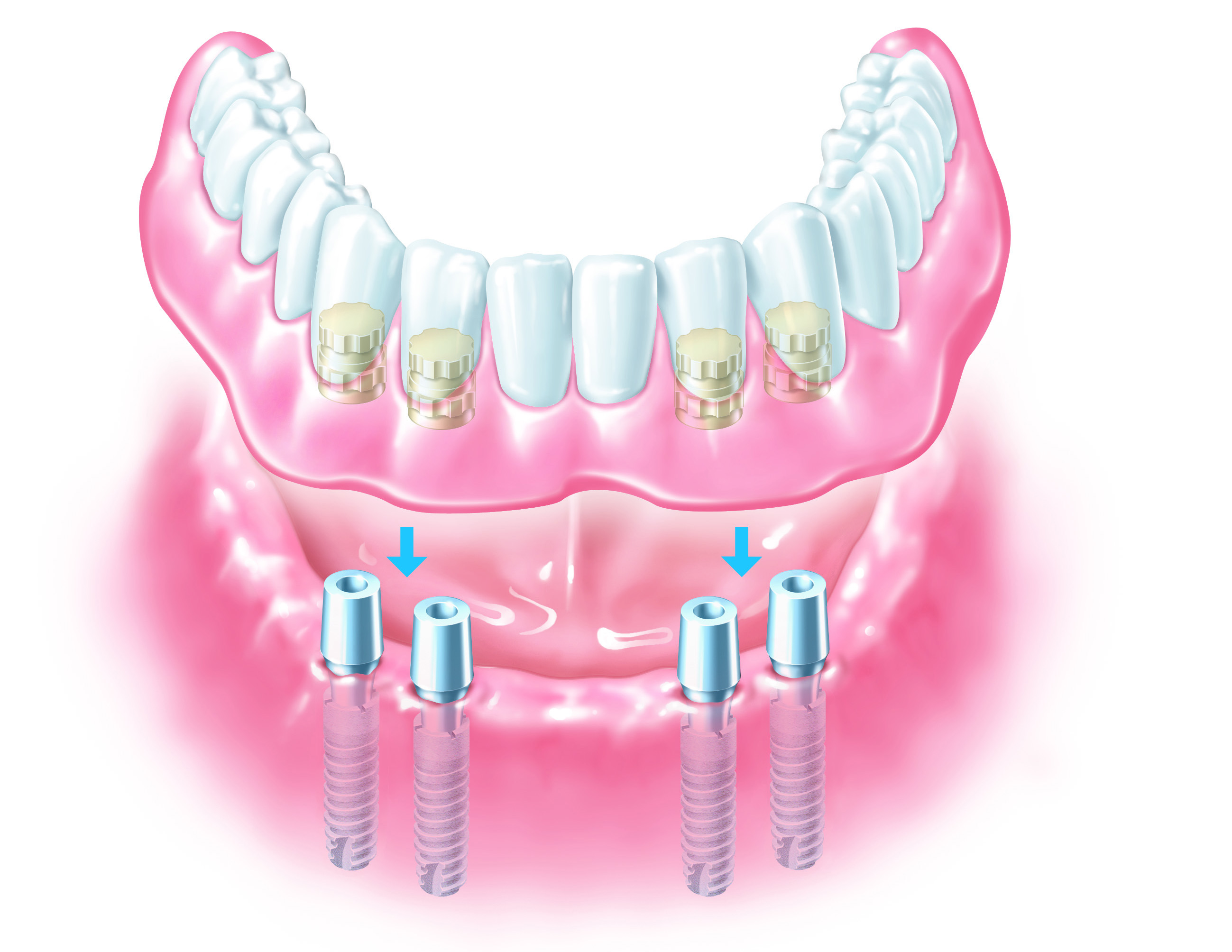
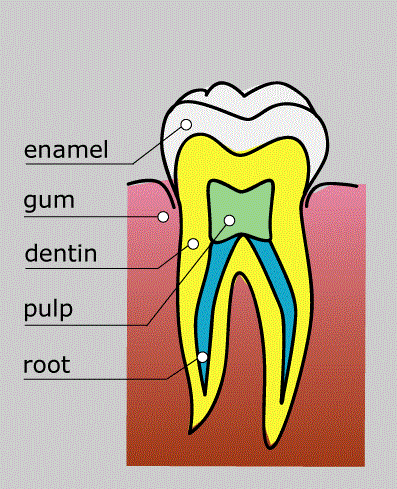
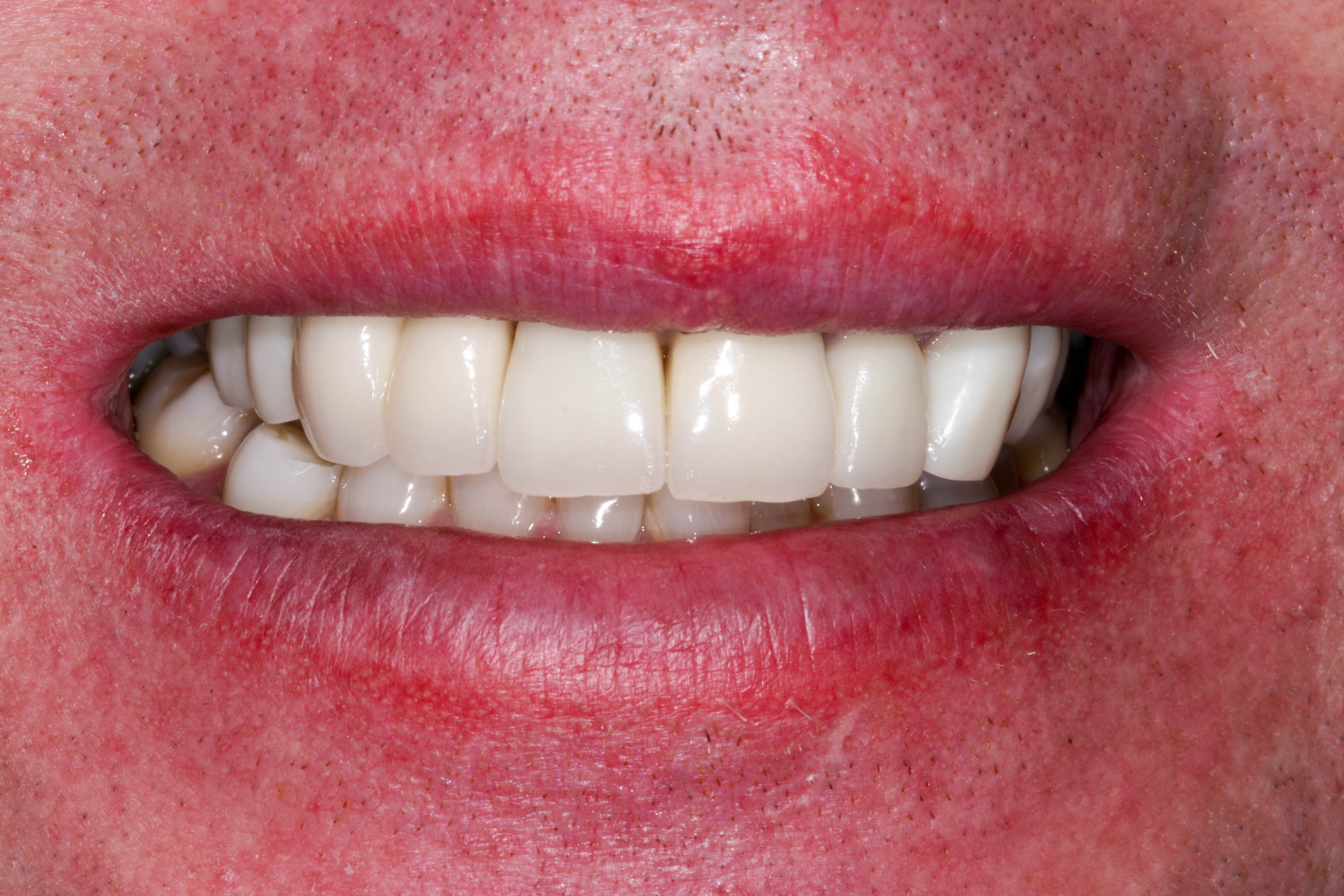

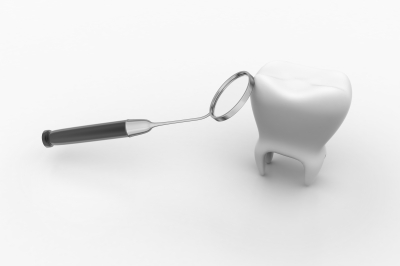
 Cognitive behavioural therapy (CBT) could help many people with a dental phobia overcome their fear of visiting the dentist and enable them to
Cognitive behavioural therapy (CBT) could help many people with a dental phobia overcome their fear of visiting the dentist and enable them to  Intravenous Sedation is when a drug is administered into the blood system during dental treatment. Sedation induces a state of deep relaxation and a feeling of not being aware of the treatment being carried out. You remain conscious during intravenous sedation and you are still able to understand and respond to simple requests.
Intravenous Sedation is when a drug is administered into the blood system during dental treatment. Sedation induces a state of deep relaxation and a feeling of not being aware of the treatment being carried out. You remain conscious during intravenous sedation and you are still able to understand and respond to simple requests. Try Acupressure
Try Acupressure
